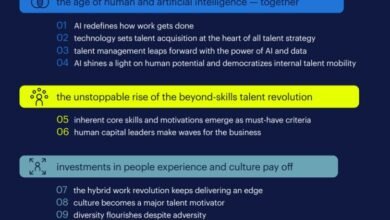Why Do Some People Succeed after Failing, While Others Continue to Flounder?
A new study dispels some of the mystery behind success after failure

Source | insight.kellogg.northwestern.edu
Many notable success stories began in failure: Henry Ford went bankrupt before starting the Ford Motor Company; Thomas Edison and his colleagues tested thousands of materials before creating the carbon-filament lightbulb; J. K. Rowling received twelve rejections before the first Harry Potter book was published.
These are inspiring examples, to be sure—but Dashun Wang didn’t think they told the whole story. Why did these individuals ultimately succeed, when so many others never manage to get past their failing phase?
“If we understand that process, could we anticipate whether you will become a winner, even when you are still a loser?” asks Wang, an associate professor of management and organizations at the Kellogg School, who directs the Center for Science of Science and Innovation (CSSI).
In a new paper published in the 150th anniversary issue of Nature, Wang and colleagues developed a mathematical model to pinpoint what separates those who succeed from those who merely try, try again. Along with PhD student Yian Yin and postdoctoral researcher Yang Wang at CSSI, and James A. Evans of the University of Chicago, Wang found that success comes down to learning from one’s prior mistakes—for instance, continuing to improve the parts of an invention that aren’t working rather than scrapping them, or recognizing which sections of a denied application to keep and which to rewrite.
But it’s not simply that those who learn more as they go have better odds of victory. Rather, there’s a critical tipping point. If your ability to build on your earlier attempts is above a certain threshold, you’ll likely succeed in the end. But if it’s even a hair below that threshold, you may be doomed to keep churning out failure after failure forever.






